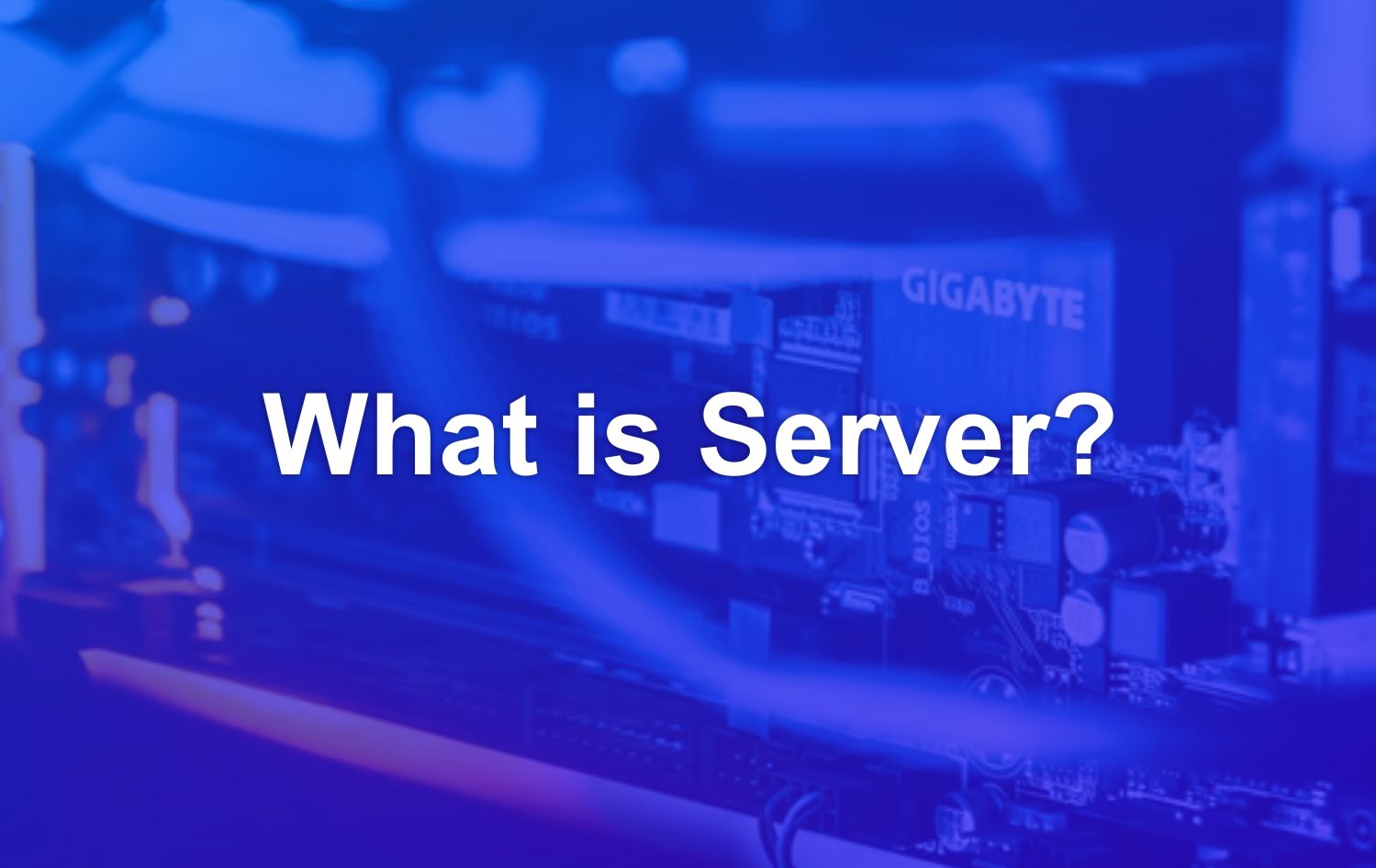Li-Po batteries are a new generation of batteries that are now widely used. In general, this applies to various types of the latest devices such as laptops, smartphones , digital cameras and many others.
As a new version of the battery, Li-Po has a number of advantages that its previous generation, namely the Li-ion battery, did not have.
These advantages are reflected in performance, loading speed and flexibility. Another factor that really needs to be appreciated is that Li-Po batteries are more environmentally friendly.
In this article, we will discuss the specifics of a Li-Po battery. Starting with the definition, function, as well as the advantages and disadvantages. Don’t miss the information, okay?
Definition of Li-Po battery
Li Po battery stands for Lithium Polymer. So called because this battery has an electrolyte made of liquid polymer material.
Liquid polymer used as an electrolyte material has a number of advantages. One of them is that it is very good as a conductor of electricity, light, powerful and more environmentally friendly.
In their application, Li-Po batteries are categorized into non-replaceable battery types. So this battery is designed to be embedded in electronic devices. This means users will find it difficult to disassemble let alone install it carelessly.
Unlike the Li-ion battery, with high specifications, the size also increases. For Li-Po battery, it can be designed with a small shape and its performance can still work optimally.
The polymer liquids used to make electrolytes are lightweight. Therefore, this lithium battery can be designed with various shapes and sizes. One of them is designed in an elegant style, but the specifications are relatively high.
Li Po Battery Function
In smartphones, the originally widespread battery type was the Li-Ion type. However, over time, Li-ion batteries have started to be replaced by Li-Po batteries.
The Li-Po battery is touted as an improved version of the Li-Ion type. In addition to being flexible in design and being able to fit the size of a cell phone, Li Po batteries are also manufactured using eco-friendly technology.
In cellular phones, Li-Po batteries are made with a non-removable system. So the battery is embedded in the design and integrates with the mobile phone.
As with Li-ion batteries, the function of Li-Po batteries is to provide electrical power to electrical devices. Its use itself is also commonly found in various types of wearable devices . For example like modern cameras, mobile phones, laptops, tablets and so on.
Li-Po Battery Specifications
Li-Po batteries are a type of battery that is widely used in modern electronic devices. Its function is a source of energy that supports the operation of electronic devices.
Li-Po battery specifications consist of several components as follows:
- The positive electrode is a Li-Po battery component that uses lithium material.
- Negative Electrode, a component that uses graphite media.
- The electrolyte in the battery uses a liquid polymer.
A separator material made of microporous lithium is also used in Li-Po batteries. This separator material function is to limit the movement of ions between the electrodes.
Apart from that, we also find circuit protection in this battery. It is this circuit protection that keeps the object at a safe voltage limit and avoids the risk of overcharging.
Pros and cons of Li-Po batteries
Unlike the Li-Ion battery in which all components are tightly wrapped and covered with metal material, the Li-Po battery does not require a case or case. In addition, Li-Po batteries are also being built and embedded directly into electronic devices.
To learn more about these types of lithium batteries, let’s know the pros and cons of Li-Po batteries. Read more here!
A. Advantages of the Li-Po battery

Lithium-ion polymer batteries have several advantages that you should be aware of.
The advantages of Li-Po batteries include :
- Has self-discharge ability
- A man
- Fast charging
- Licht
- Flexible
- Environmentally friendly
Check out a more detailed explanation of the benefits of the Li-Po battery below.
1. Has self-discharge ability
Li-Po batteries have the ability to self-discharge . Where self-discharge is a battery’s ability to remove and dispose of the stored electrical current even when not in use.
If a battery has a self-discharge capability , it affects the lifespan of the object. The effect is usually that the battery lasts longer and is not easily damaged even with high-intensity use.
2. Safety
The next benefit of Li-Po batteries is safety. This type of battery can be safely recharged at any time, so you don’t have to wait for the battery to run out before recharging it.
Even when the power has reached 90%, the battery can be safely charged without worrying about any negative impact on its performance.
3. Fast charge
The charging capability of the Li-Po battery is very fast. So it is very flexible and makes it easier for you because you don’t have to wait a long time for the gadget to be fully charged.
4. Licht
Polymer is a type of liquid that has a light mass. When used as an electrolyte, it affects the mass of the battery, which can be made small.
The small and light battery size is very suitable to be applied to today’s types of devices. Whereby the modern version of the gadget usually goes for a sleek, thin look and maximum performance.
5. Flexible
Li-Po batteries are also very flexible in production. These objects can be designed with shapes and sizes that can be customized to the seller’s desires.
6. Eco-friendly
In the manufacture of lithium batteries, plastics are produced in a simple process. This is one of the reasons why battery production is safer and more environmentally friendly.
B. Disadvantages of Li-Po batteries
In addition to many advantages, Li-Po batteries are not free from disadvantages.
Some of the disadvantages of Li-Po batteries are :
- Expensive
- Hard to find replacement parts
- Cannot be replaced alone
- Low capacity
Pay close attention to any weaknesses that exist with Lipo batteries before making the decision to purchase. If you can tolerate the weaknesses of Li-Po batteries, then this type of battery is worth buying.
1. Mahal
The production process and manufacturing costs involved in making lithium polymer batteries are quite high.
Therefore, the selling price of the battery is also relatively expensive. Devices that use this type of battery are generally good specification products.
2. Hard-to-find replacement parts
If you want to replace the battery, it’s difficult to find replacement parts in cell phone stores. Therefore, this type of battery is difficult to find in the market.
3. Cannot be replaced alone
If the battery is damaged, we need a technician to replace it. Because the Li-Po battery is designed with an embedded model in the device , it cannot be replaced by yourself. And of course quite risky if it is forcibly disassembled.
4. Low capacity
Li-Po batteries also have a low capacity. Although long-lasting and long-lasting, Li-Po batteries have a low energy capacity.
Care of the Li-Po battery
Battery life affects the performance of your device. Therefore, it is very important to know how to take care of the battery so that it is not easily damaged.
How to maintain a Li-Polymer cell phone battery to make it durable and long lasting, namely :
- Use a special charger
- Store batteries at appropriate temperatures
- Do not play gadgets while charging
- Charge at 50% battery
Take a close look at the explanations of some of the following tips for using Li-Po batteries:
1. Use of a special charger
Try to provide a special charger to make the battery last longer.
Also, try to always use the original charger . Because the fake charger does not necessarily have a performance that suits our mobile phone and can damage the battery performance.
2. Store batteries at appropriate temperature
Batteries should be stored at a reasonable temperature, ie not too hot or too cold.
Also, try to leave it for about 20 minutes after use before charging it again to make the battery last longer.
3. Do not play gadgets while charging
Playing a device while charging can cause the object to heat up and break down quickly.
So that should be avoided, right? Wait until the battery capacity is full and then disconnect the charger.
4. Charge when the battery is 50% charged
Charging when the battery is dead is not recommended, nor is it with Li-Po batteries. So try to charge the battery when it’s still 50% and don’t let it drain completely.
Diploma
Li-Po battery is a battery that uses lithium polymer as the electrolyte. These batteries are widely used in different types of devices such as smartphones , modern cameras, laptops, tablets and others.
Li-Po batteries have many advantages including maximum power, high density, long lifespan and being more environmentally friendly. Therefore, its use is very popular and widely applied to various electronic devices.



